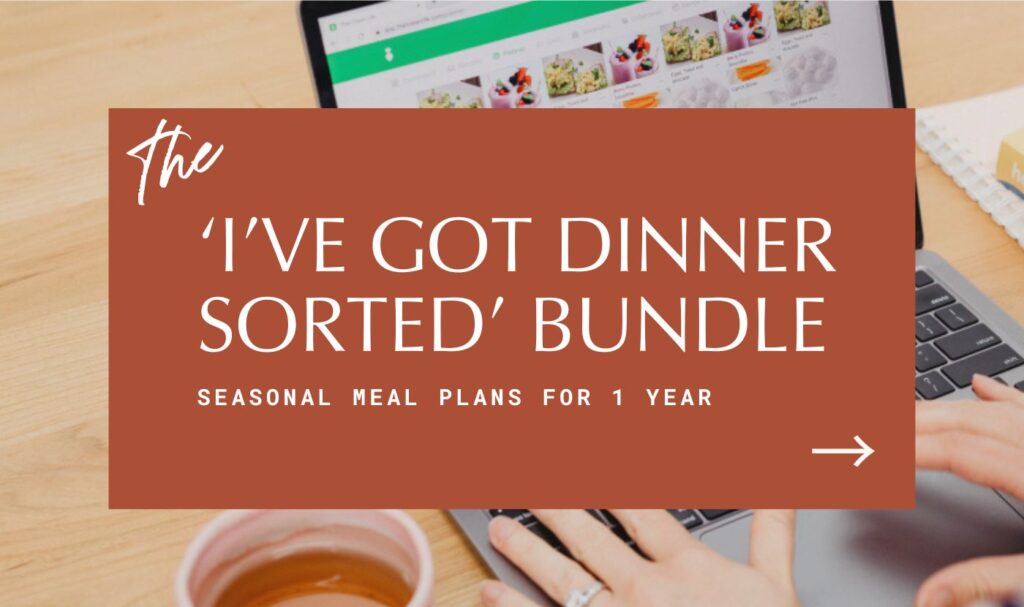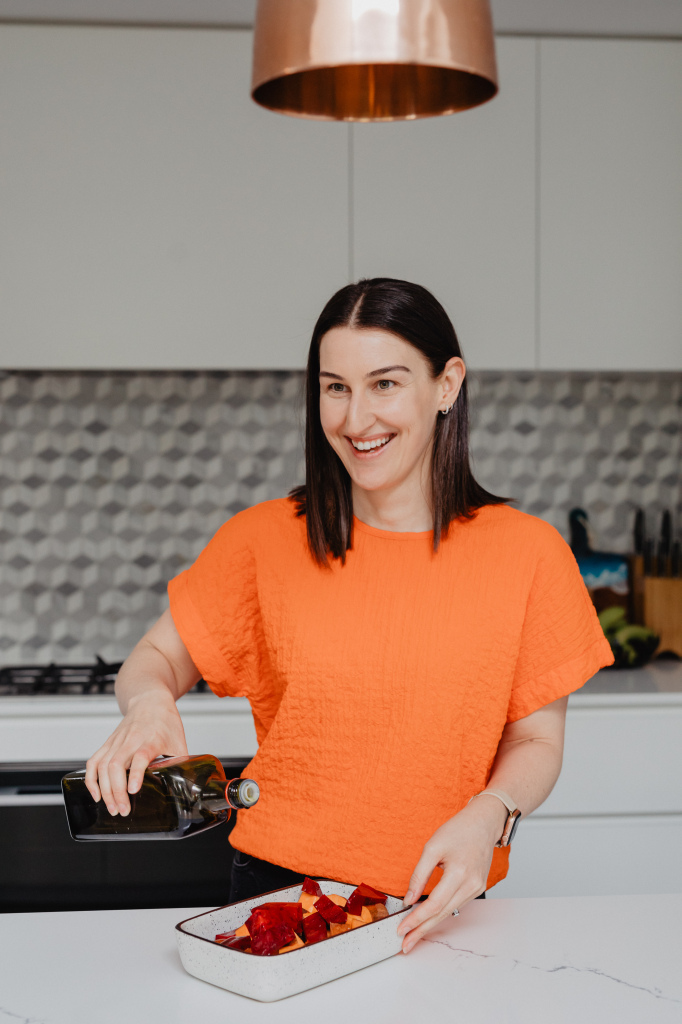- Nutrition Trends 2026: What’s Actually Worth Paying Attention To
- Understanding Intermittent Fasting
- Weight Loss and Energy Deficit
- Timing Matters: Fasting in the Afternoon and Evening
- Evidence-Based Approach: Weight Loss Group Coaching Program
- The Definition of Health
- Supplements That Are Wasting Your Money
- The Best Diet for Clear Skin
- Final Thoughts: The Only Trend That Actually Matters
- What a Nutritionist Eats in a Day
- Everyone’s Chasing Clicks and I’m Done Pretending It’s About Health
- Staying Informed Without Getting Overwhelmed
The Real Nutrition Trends of 2026
Every year brings a fresh round of revolutionary health hacks – and most don’t last longer than a juice cleanse. Here’s what’s actually worth paying attention to in 2026.
1. Intermittent Fasting (Still Here)
Fasting isn’t new, but the conversation is finally maturing. The focus has shifted from skipping breakfast to matching your fasting window with your lifestyle. For example, afternoon or evening fasting may suit some people better than morning fasts.
#️⃣ Read more: Is Intermittent Fasting Right for You?
2. Fibre Maxxing
Move over protein. 2026 is the year of fibre maxxing. TikTok trends aside, nutritionists have been calling this for years: most adults get barely half the fibre they need. Expect to see gut-loving meal plans, prebiotic snacks, and creative ways to hit 30+ grams a day without living on lentils.
3. Protein Pacing
Rather than eating one giant protein meal, more people are spreading intake evenly across the day to support energy, muscle recovery, and satiety. Think: 20–30g at breakfast, lunch, and dinner – plus a small snack if needed. It’s not glamorous, but it works.
4. Smart Supplementation
The supplement industry is still booming – but smarter consumers are questioning what’s actually worth their money. Multivitamins and random probiotics are losing traction; instead, we’re seeing more targeted use of omega-3s, magnesium, and creatine based on evidence and bloods.
#️⃣ Read more: Supplements That Are Wasting Your Money
5. AI-Assisted Nutrition Planning
As wearable tech, health apps, and AI tools get more sophisticated, nutrition tracking is evolving from calorie counting to pattern recognition – helping users spot habits, not just numbers. Used well, this can support consistency without obsession. Used poorly, it’s just another distraction.
6. Women’s Hormone Health
A long-overdue shift: 2026 continues the rise of personalised nutrition for perimenopause and other hormonal conditions. More research, more resources, and finally fewer one-size-fits-men plans.
7. The Anti-Detox Backlash
Consumers are (thankfully) done with cleanse culture. Detox teas, restrictive resets, and gut cleanses are being replaced with long-term habits – balanced meals, proper sleep, and realistic movement.
#️⃣ Listen: Episode 77: Sh*t I Wish People Would Stop Saying
8. The Definition of Health (Reclaimed)
The conversation about what healthy means is evolving too. Health isn’t a look – it’s how you feel, function, and show up in life.
#️⃣ Read more: The Definition of Health
9. The Rise of Workplace Wellbeing
Companies are shifting from box-ticking wellness to measurable, nutrition-led programs that improve energy, focus, and team morale. Expect to see more nutrition workshops in workplace settings. Explore Workplace Wellbeing Workshops here.
10. Gut & Skin Connection
Clear skin starts in the gut – and the science keeps backing it up. Diets rich in fibre, omega-3s, and diversity continue to shine for reducing inflammation and supporting a healthy microbiome.
#️⃣ Read more: The Best Diet for Clear Skin
Bottom line: 2026 isn’t about chasing new fads – it’s about refining what we already know works.
Once you strip away the noise, you’ll find the best trends are really just timeless nutrition principles, backed by better data and a little common sense.
Understanding Intermittent Fasting
Intermittent fasting, also known as time-restricted eating, isn’t a diet so much as a schedule. It’s about when you eat, not necessarily what you eat. You alternate between periods of fasting and eating within a set timeframe – for example, eating all your meals within an 8-hour window and fasting for the remaining 16.
Unlike traditional fasting, which often means long stretches of complete restriction, intermittent fasting aims to fit into daily life. The goal is to optimise how your body uses energy, improve metabolic function, and support overall health – without feeling like you’re punishing yourself.
It’s popular for good reason, but it’s not a miracle cure. The real question isn’t does fasting work? It’s does it work for you?
Weight Loss and Energy Deficit
Most people who try fasting do it for weight loss. The idea is simple: if you limit the hours you can eat, you’ll naturally consume fewer calories. In theory, this pushes your body to use stored fat for fuel.
That’s partly true – but fasting is only one way to create an energy deficit. It’s not inherently superior to any other balanced approach that helps you eat slightly less than you burn.
For some, fasting can make calorie control easier. For others, it backfires – leading to overeating later in the day. The best ‘diet’ is still the one you can sustain without feeling like you’re negotiating with your hunger every day.
Timing Matters: Fasting in the Afternoon and Evening
Traditionally, people skip breakfast and eat later in the day. But newer research suggests there might be benefits to doing the reverse.
Cortisol peaks in the morning. Fasting during this time can keep cortisol levels higher for longer, which may interfere with fat metabolism. Fasting later, in the afternoon or evening, can sometimes align better with your body’s natural rhythm and the types of food you eat too.
That said, it’s personal. Some people thrive with morning fasts, others feel dizzy or wired. There’s no gold-standard window. The real key is consistency, not perfection.
Evidence-Based Approach: Weight Loss Program
There’s no shortage of noise around fasting, detoxing, or metabolic hacks. But sustainable weight loss is built on education and support, not extremes.
That’s why my Worth Your Weight program focuses on understanding your body’s hunger cues, managing stress and sleep, and building meals that keep you full – whether you fast or not.
We start with the fundamentals:
- Creating an achievable calorie balance
- Choosing high-fibre, high-protein foods
- Managing cravings and emotional eating
- Finding movement that doesn’t feel like punishment
If you want structure without restriction, you can learn more here.
The Definition of Health
Something I’ve been thinking about lately is how easily health gets hijacked. For years, society has sold us the idea that being healthy means being smaller, smoother, or somehow more disciplined.
But health is broader, and far more individual than that.
The World Health Organisation defines health as a state of complete physical, mental, and social well-being – not merely the absence of disease or infirmity.
So what does that look like for you? Maybe it’s feeling less exhausted after work. Maybe it’s finally improving your iron levels. Maybe it’s getting through a school term without constant colds.
Your version of health doesn’t need to match anyone else’s – and it doesn’t need to be perfect to be valid.
Supplements That Are Wasting Your Money
The supplement industry loves confusion and business is booming. Walk into any pharmacy and you’ll find walls of tablets promising better energy, glowing skin, and gut balance.
But here’s the truth: most people don’t need half of what they’re taking.
If your diet is balanced, rich in fruits, vegetables, whole grains, and protein, you’re already covering most bases. A multivitamin won’t hurt, but it often doesn’t help much either – the doses are low, the benefits minimal.
Probiotics are another big one. They can be useful for specific conditions, but not all strains do the same thing. A broad-spectrum probiotic isn’t automatically good for gut health; it might even do nothing.
Instead, focus your energy (and money) on the few supplements that are consistently backed by research:
- Omega-3 fatty acids (if you rarely eat fatty fish)
- Magnesium (for stress, sleep, and regularity)
- Creatine (for energy and performance ONLY IF you consistently lift weights)
Everything else? Start with food first. Then test, don’t guess – bloodwork tells you more than a supplement label ever will.
#️⃣ Read more: Supplements That Are Wasting Your Money
The Best Diet for Clear Skin
Everyone wants a nice glow. And while skincare can help, it’s your diet that lays the foundation.
The gut and skin are in constant communication. When your gut bacteria are happy and your digestion is on track, inflammation drops – and that shows on your face.
Here’s what actually makes a difference:
- Eat the rainbow. Colourful fruits and vegetables are packed with antioxidants that protect skin cells.
- Prioritise fibre. A healthy gut equals balanced skin. Whole grains, legumes, and produce keep everything moving — literally.
- Include healthy fats. Omega-3s from salmon, chia, flax, and walnuts keep skin supple and reduce redness.
- Stay hydrated. Water helps, but so do high-water foods like cucumber and citrus.
Forget detoxes and expensive powders – the real skin cleanse is fibre, colour, and consistency.
What a Nutritionist Eats in a Day
People are endlessly curious about what nutritionists eat. Spoiler: it’s not perfect – just intentional.
For me, a typical day looks like this:
- Breakfast: a smoothie – my non-negotiable. Frozen berries, chia seeds, protein powder, spinach, and milk of choice. Quick, easy, balanced.
- Mid-morning: coffee with oat milk, sometimes a small snack if I’ve trained early.
- Lunch: a big salad with greens, tinned tuna or legumes, and a spoonful of mayo (yes, mayo).
- Afternoon: soy yoghurt and fruit if I’m peckish.
- Dinner: something under 30 mins to cook – chicken and veggies, prawn rice bowls, or a tofu stir-fry. Family-friendly, fast, realistic.
It’s not about being rigid – it’s about removing friction. Having go-to meals means less thinking, less takeout, and more energy to deal with life.
Everyone’s Chasing Clicks – and I’m Done Pretending It’s About Health
Social media has turned nutrition into a spectator sport. There’s always a new villain – seed oils, gluten, lectins – and a new hero supplement ready to fix you.
But this obsession with tiny details misses the bigger picture. We’re worrying about the wrong things, trusting the wrong people, and losing sight of what actually matters.
Here’s the uncomfortable truth:
- Real, evidence-based information is boring – it doesn’t go viral.
- Extreme claims get clicks, not results.
- Health is rarely a single fix, it’s a combination of dozens of small, repeatable choices.
If you’ve felt confused or fed up with the noise online, you’re not imagining it. The wellness world has become the Wild West – loud, unregulated, and full of self-appointed experts with ring lights and discount codes.
Staying Informed Without Getting Overwhelmed
The wellness world never slows down. There’s always a new superfood, a new headline, a new reason to question your breakfast.
You don’t need to follow every headline or trend to care about your health. You just need to know how to filter.
Try this:
- Choose a few trusted sources and ignore the rest.
- If something sounds extreme, it probably is.
- Remember that going viral is not the same as being true.
You’ll learn more and stress less when you focus on evidence over algorithms.
Final Thoughts: The Only Trend That Actually Matters
If you remember one thing, make it this: consistency beats trends every time.
Not fasting, not powders, not biohacks. Just showing up for your health in small, repeatable ways that fit your life.
Real wellness isn’t flashy. It’s quiet, ordinary, and often a little boring. It’s the meal you prep even when you’re tired, the walk you squeeze in between meetings, the decision to eat what makes you feel good instead of what’s trending.
There’s no finish line. No perfect routine. Just habits that help you feel better more often than not.
If you’re ready to stop chasing fads and start building something sustainable, I can help you plan what that looks like.


Jade Harman is a Clinical Nutritionist, educator, and speaker helping people make sense of nutrition. With a Bachelor’s degree in Nutritional and Dietetic Medicine and experience supporting more than 500 clients, she’s seen firsthand how misinformation can derail good habits. Jade doesn’t do fads or guilt – just practical advice that works in real life with real people. You can find out more about Jade here.

+ show Comments
- Hide Comments
add a comment